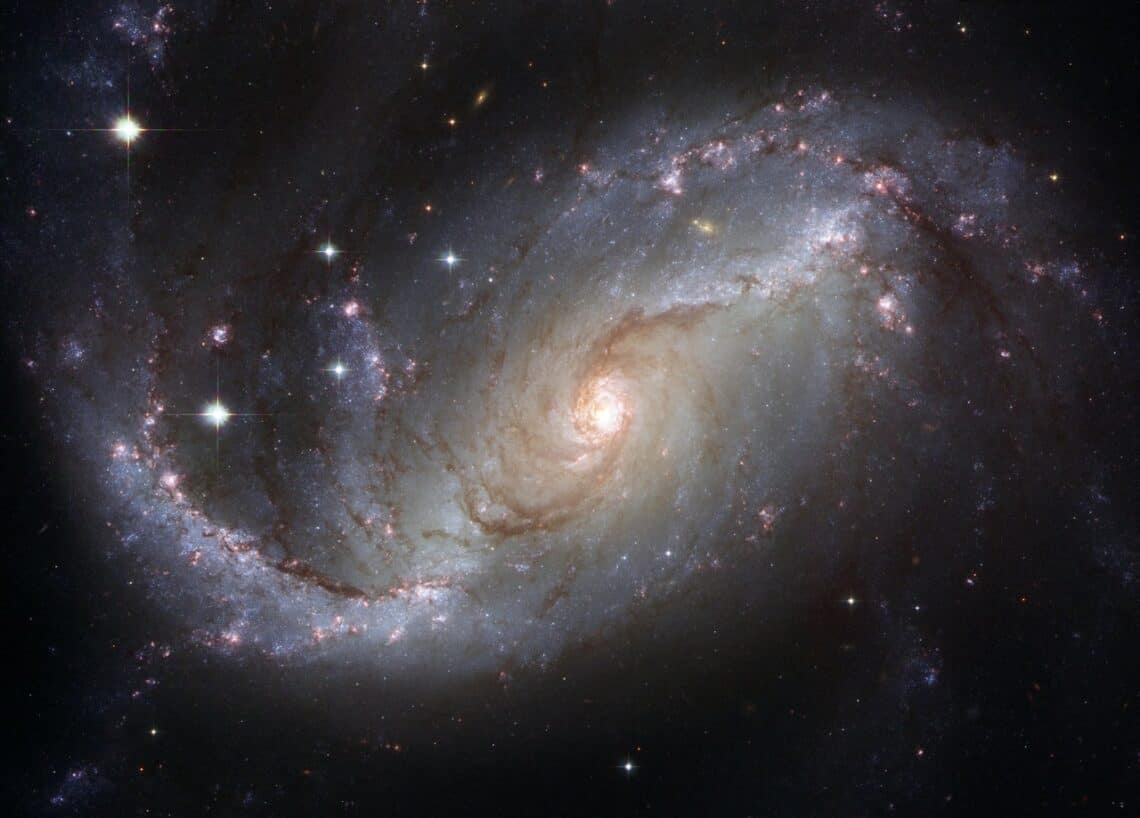Science at Crossroads
Achievement of Science and Yet!
Science has become a part of life in modern times. Scientific discoveries and technological advancements are influencing humans in every walk of life. There are unlimited means and sources of entertainment, and the advent of information technology has helped spread messages worldwide in no time. Sitting in one’s living room, one can communicate with relatives and friends in different parts of the globe and even see them as though seated across the room. Virtual platforms compete with reality itself and may take over the latter in times to come. Man is reaching out to other planets, like the moon, Jupiter etc., with the help of rockets and spacecraft. We can also watch the happening on Mars and Moon through a satellite-based camera. In the life sciences field, many modern biotechnology techniques, including the currently popular crisper technology and cloning, are helping humanity understand disease processes and even cure genetic diseases. With discovery and advancement in techniques, man is almost playing God. There seems to be no end to the list of things science can attempt.
Catch 22 situation
We recently developed and sent spaceships deep into space that keep travelling for months and years and even locate new planetary systems millions and millions of light-years away. Can we consider this a position of strength of science and worthy of shouting hooray? There are a few glitches on the other side. For one, man has become a victim of illusory desires and materialistic acquisitions. Pursuing this direction has made humans thirst for more, never getting satiated. But then, all these worldly pleasures and materialistic assets have left humanity still searching for eternal peace and happiness. Another aspect is that all the information attained by painstaking hard work only reminds us of our ignorance.
Furthermore, humans forget that all scientific developments are by using raw materials made available in nature and bestowed intelligence, which are not products of science. Science only helps us understand everything in the Universe, including the functions of everything. The Universe stands so precisely ordered, structured and soundly organized that it becomes possible to apply the laws of physics, chemistry and biology. There is definitely a superscience behind it. If scientists are involved in science, there is a super-scientist behind superscience.
Origin of the Universe: Struggles of Science
There are a few areas where science fails to come to terms with. A daunting task for science is to explain the puzzle of the origin of the Universe. Cosmologists are involved in cutting-edge research, and newer theories are proposed. The widely accepted theory for the origin of the Universe is the Big Bang model, which states that the Universe began as a boiling, dense point roughly 13.7 billion years ago. Scientists talk of a massive blast that allowed all the Universe’s known matter and energy—even space and time—to spring forth from some puzzling unknown type of energy.
The Big Bang theory and Darwinian evolution are the two mechanisms proposed to explain the origin of the Universe and the living things within it. The former suggests the appearance of the Universe from nothing, and the latter strives to describe the appearance of complex life forms from supposedly simple ancestors. According to the Big Bang theory, the entire Universe was initially compacted into a tiny point of singularity. After randomly coming into existence for no reason or purpose, the little mass exploded into all space, energy, matter and time instantly.
To overcome the many vexing questions regarding the Big Bang theory, scientists have remodelled 50 different Inflationary Universe Theories (IUTs), hoping one of them will help accurately reconstruct the Universe’s formation.
Though several important questions are unanswered, one is the original cause of the big bang itself. Science is at crossroads when it tries to explain the origin of the Universe.
If the Universe had an origin, it must also have an end. Science is clueless when it tries to explain the end of the Universe. While several guesses are under consideration to explain how the Universe will end, it cannot predict when. The Big Bounce theory states that the Universe will end with a Big Crunch. Therefore, there is a need to look elsewhere to seek satisfying explanations.





